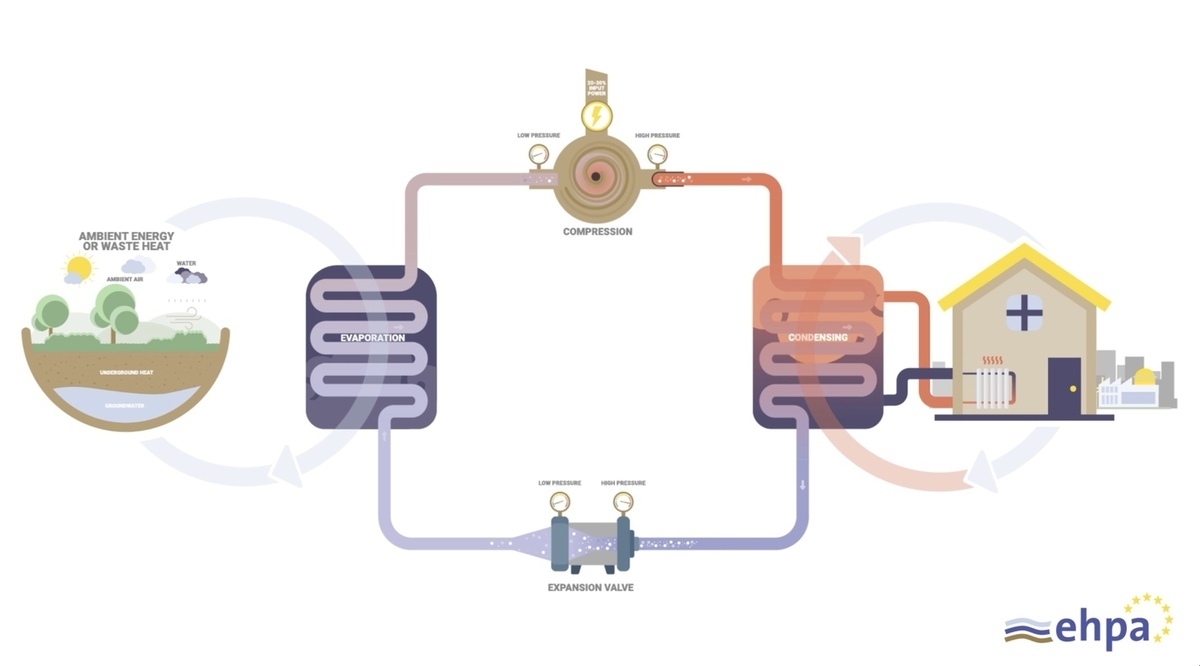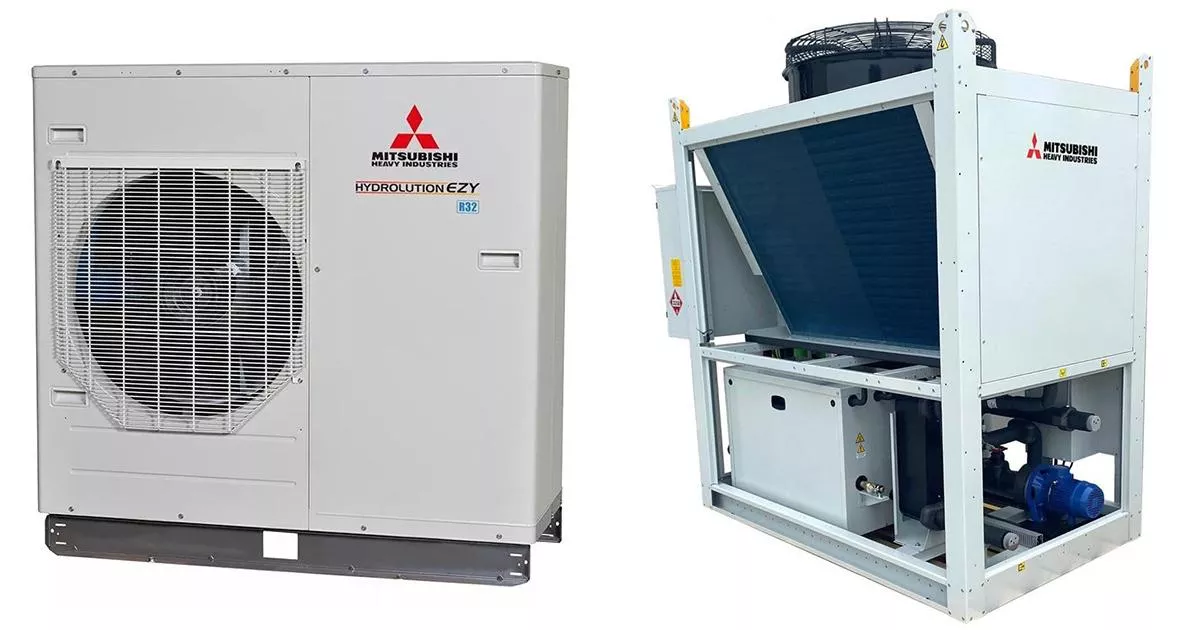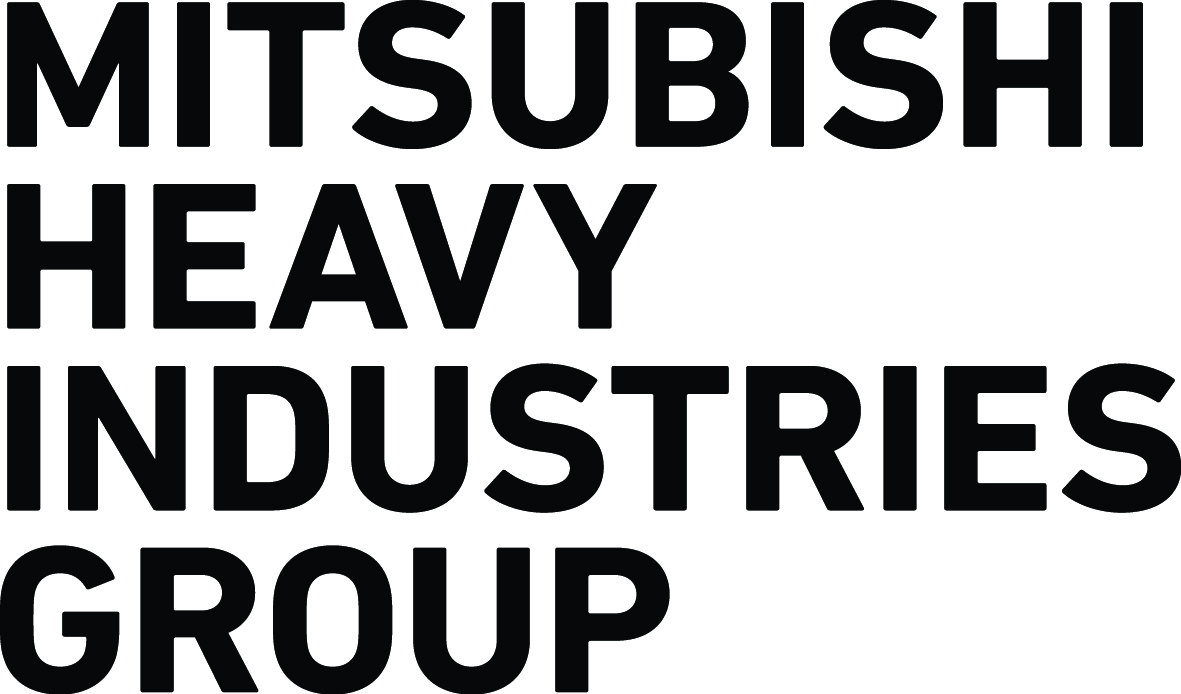Advancing Sustainability: The Rise of Heat Pumps in Global Heating Solutions
 As an efficient way to provide heating and hot water for homes and businesses, it’s no surprise that heat pumps are billed as a central technology in the global transition to secure and sustainable heating.
As an efficient way to provide heating and hot water for homes and businesses, it’s no surprise that heat pumps are billed as a central technology in the global transition to secure and sustainable heating.
Switching to heat pumps globally could eliminate 500 million tonnes of emissions in 2030, according to the International Energy Agency (IEA). Heat pumps can also produce around four times more energy than they take in and run on electricity generated through sustainable sources such as solar, wind or nuclear.
In addition to helping governments, businesses and homeowners meet their environmental goals, heat pumps provide long-term savings and help protect homes and commercial buildings against unpredictable energy costs and taxes.
The need for accelerated growth
Globally, heat pump sales are seeing double-digit growth, but that is not enough: heat pump sales will need to increase by well over 15% annually over the coming years if the world wants to continue on a trajectory toward net zero by 2050 — as they need to account for almost a fifth of building heating needs worldwide by 2030.
Furthermore, sales across 14 European countries analyzed by the European Heat Pump Association (EHPA) fell by around 5% year-on-year in 2023 — from 2.77 million to 2.64 million units. Delays to the EU’s Heat Pump Action Plan have contributed to the slowdown, the EHPA says.
It is hoped the latest developments in heat pump technology will help accelerate take-up. The newest units are just as efficient as previous generations but have a higher heating capacity, and many do not require home or business owners to replace existing equipment such as radiators.
So, what do policymakers, businesses, and homeowners need to know about the latest heat pump technologies?

How heat pumps are evolving
Heat pumps are installed outside buildings, drawing heat from the air, water, or ground using electricity, cutting out the need for the natural gas, commonly used in most boilers. Environmental concerns and energy security are driving the development of a new generation of heat pumps in the early 21st century. The technology is also becoming increasingly sophisticated and able to overcome three previously significant challenges.
Firstly, heat pumps are having less of a direct impact on greenhouse gas emissions. Refrigerants are essential parts of the heat pump process but can have high global warming potential (GWP). That is why modern heat pumps use refrigerants with lower GWP, such as the R32 refrigerant used in the Hydrolution range from MHI Thermal Systems, which has one-third the GWP of previous refrigerants.
Secondly, as heat pumps become more efficient and better at dealing with seasonal temperature variations, they are also having less of an indirect impact on greenhouse gas emissions. While they are more energy efficient by design than conventional boiler systems, optimizing energy consumption throughout their lifespan is crucial. This involves controlling the compressor and its actuators to adapt to varying thermal loads throughout the year.
Finally, heat pumps need to be more effective than gas boilers in colder ambient temperatures, but this requires enhancements to the hardware, including the compressor.
The industry is working on new models that will be able to overcome these challenges. In Europe, MHI Thermal Systems recently launched its Hydrolution EZY range for domestic use and its PRO range for larger premises like commercial housing complexes.

Driving heat pump take-up
Despite these technological improvements, several barriers to heat pump adoption remain, including high one-off installation costs.
Governments increased support for investment in heat pumps in 2022 following the energy crisis, but much of that support was reduced or removed again in 2023.
“Uncertain or changing rules mean investors and consumers get nervous. Supportive and stable EU policies are crucial,” the EHPA says.
Additionally, people need better access to information about heat pumps and the long-term savings they can deliver. Providing information to decision-makers within commercial housing, businesses and homeowners will be essential for the wider uptake of heat pumps.
More concerted government action will be required to make the transition to heat pumps as attractive as possible for homeowners and commercial housing businesses. However, proactive support from leaders, coupled with evolving technologies, can help pump up the market to the levels needed to hit global green heating targets.


















